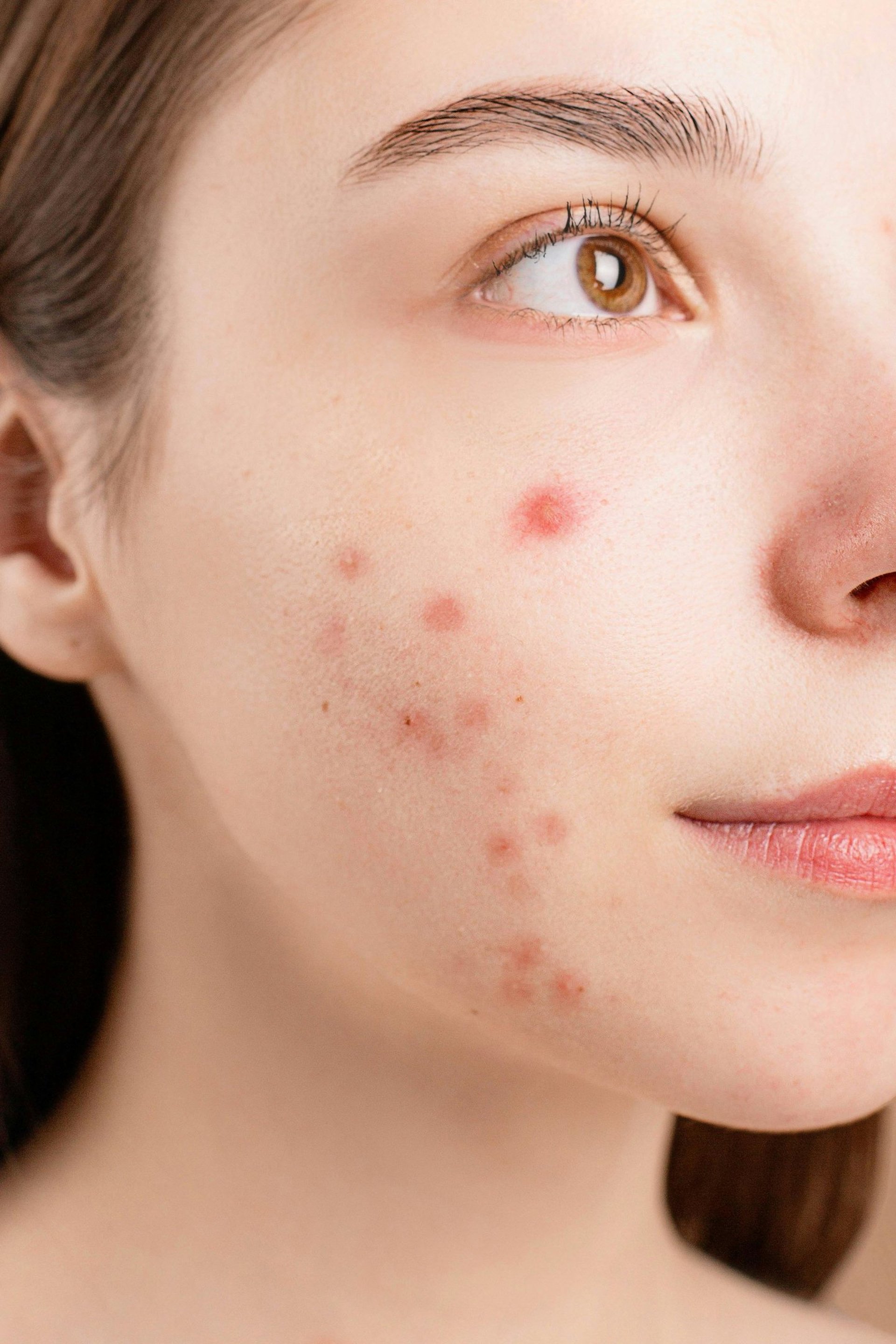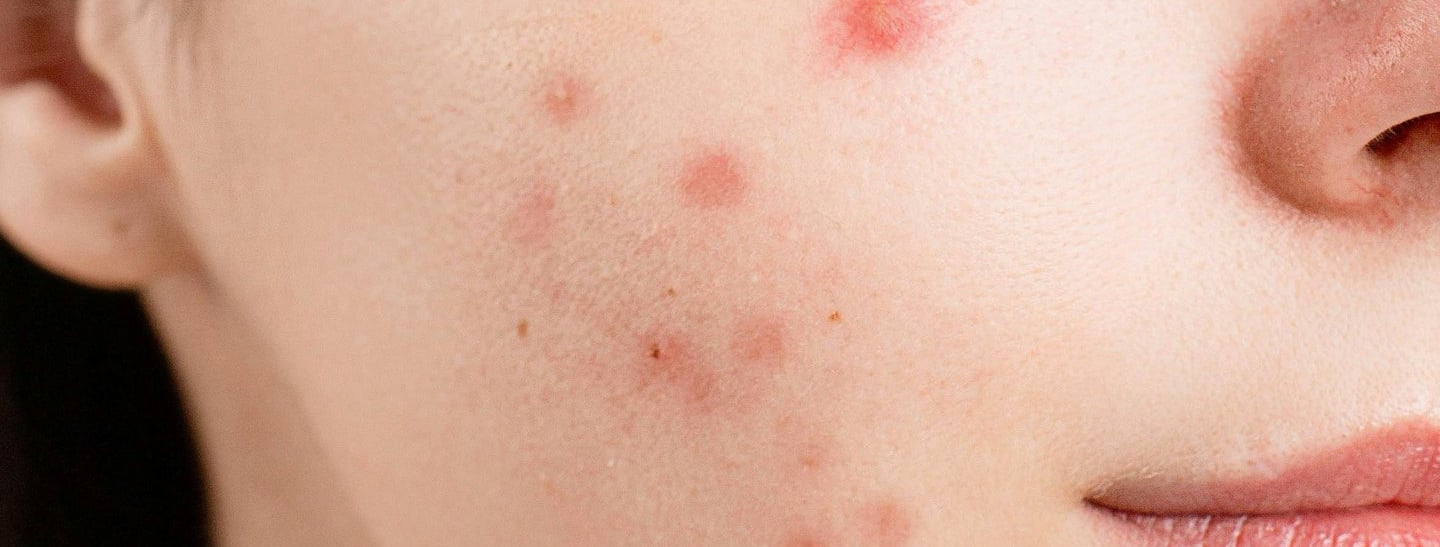Acne causes
why acne occurs
SKIN PROBLEMS ACNE
Dr G S Mukherjee
11/1/20241 min read



Acne is a common skin condition that can affect people of all ages. The causes of acne can be attributed to several factors, including:
1. Hormonal Changes:
- Hormonal fluctuations during puberty, menstruation, pregnancy, or due to conditions like polycystic ovary syndrome (PCOS) can lead to increased oil production in the skin.
2. Excess Oil Production:
- The sebaceous glands in the skin can become overactive, producing more sebum than necessary, which can clog pores and contribute to acne.
3. Clogged Pores:
- Dead skin cells can accumulate and block hair follicles, leading to the formation of comedones (blackheads and whiteheads).
4.Bacteria:
- The skin hosts various bacteria, including Propionibacterium acnes (P. acnes). When follicles are clogged, this bacteria can multiply and lead to inflammation and pus-filled lesions.
5. Inflammation:
- An inflammatory response can occur in the skin due to bacteria buildup and clogged pores, which can worsen the appearance of acne.
6. Diet:
- Some studies suggest that certain dietary factors, such as high glycemic index foods and dairy products, may trigger or exacerbate acne in some individuals.
7. Stress:
- While stress itself doesn’t cause acne, it can exacerbate existing skin issues and lead to hormonal fluctuations that can affect oil production.
8. Medications:
- Certain medications, such as corticosteroids or ones that affect hormone levels, can contribute to acne development.
9. Cosmetic Products:
- Some skincare and haircare products can clog pores if they are comedogenic, leading to breakouts.
10. Environmental Factors:
- Pollution, humidity, and sweating can contribute to clogged pores and acne flare-ups.
Understanding the underlying causes of acne can help in choosing the right treatment and managing the condition effectively.
DR G S MUKHERJEE
Leading dermatologist in Birbhum, West Bengal.
Whats app
Have a query?
dermatologist@drgsm.in
+918629940086
© 2024. All rights reserved.
